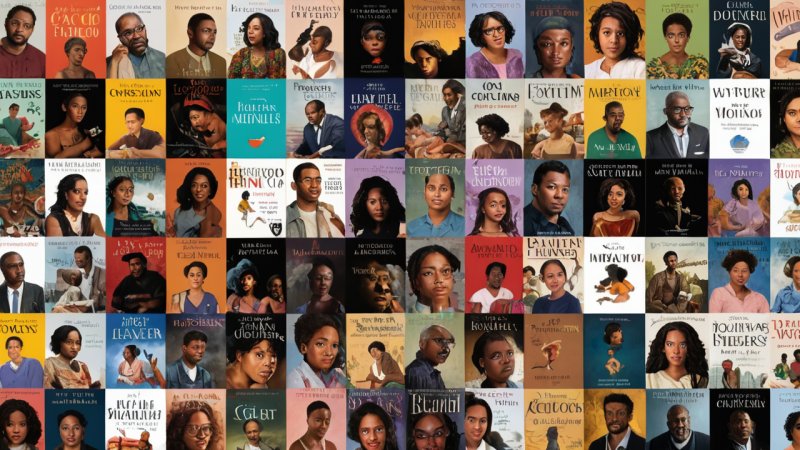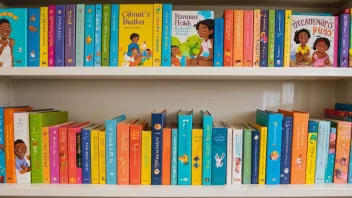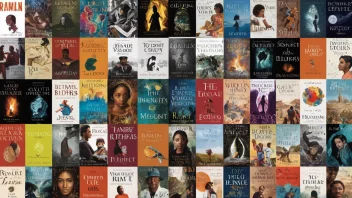Literature has long served not just as a form of entertainment, but as a powerful vehicle for social change and reflection. Throughout history, writers have harnessed the art of storytelling to address pressing social issues, conveying complex themes that resonate with readers and provoke thought. In today’s literary landscape, where the discourse around social justice, equality, and cultural identity has intensified, the role of fiction has never been more crucial. This article explores how writers can engage with social issues in their work, the impact of such literature on society, and the balance between storytelling and activism.
The Historical Context of Social Issues in Literature
From the harrowing tales of Charles Dickens highlighting the plight of the poor in Victorian England to the poignant narratives of Toni Morrison that unveil the complexities of African American experiences, literature has always mirrored the struggles and triumphs of society. Authors have used their craft to shine a light on injustices, challenge societal norms, and inspire change. By examining key historical texts, we can identify recurring themes and the evolution of social commentary in fiction.
Classic Literature and Social Commentary
Classic novels often serve as a window into the social issues of their times. For instance, Harriet Beecher Stowe’s *Uncle Tom's Cabin* played a significant role in shaping American attitudes towards slavery, while George Orwell’s *1984* critiques totalitarianism and government surveillance. These works not only entertained but also ignited discussions that led to societal reflection and, in some cases, reform.
Modern Voices: Contemporary Authors Tackling Social Issues
In the contemporary literary scene, authors are continuing this legacy, using fiction to address modern social issues such as immigration, gender inequality, mental health, and climate change. Novels like Chimamanda Ngozi Adichie’s *Americanah* explore race and identity in a globalized world, while Angie Thomas’s *The Hate U Give* confronts police brutality and systemic racism through the eyes of a young protagonist. These narratives not only engage readers but also encourage them to think critically about the world around them.
The Importance of Diverse Perspectives
One of the pivotal aspects of addressing social issues in literature is the importance of diverse voices. Authors from different backgrounds can provide unique insights into their experiences, enriching the literary landscape and promoting empathy among readers. By amplifying marginalized voices, fiction can challenge stereotypes, break down barriers, and foster a deeper understanding of complex social issues.
The Balance of Storytelling and Activism
While addressing social issues is vital, it’s equally important for writers to strike a balance between storytelling and activism. A compelling narrative should resonate with readers on an emotional level, rather than merely delivering a message. Great fiction blends artistry with purpose, allowing readers to connect with characters and their journeys, ultimately leading to greater engagement with the underlying themes.
Techniques for Integrating Social Issues in Fiction
Writers can employ various techniques to weave social issues into their narratives effectively:
- Character Development: Create multi-dimensional characters that embody social issues, allowing readers to empathize and understand their struggles.
- Setting as a Reflection: Use the setting to reflect societal issues, whether through a dystopian landscape that critiques modernity or a vibrant community that showcases cultural diversity.
- Plot as a Catalyst: Develop plots that challenge characters to confront social issues, leading to personal growth and societal reflection.
- Symbolism and Metaphor: Utilize literary devices to subtly convey deeper meanings related to social issues, allowing readers to engage with the text on multiple levels.
The Impact of Social Issue Literature on Society
Literature that addresses social issues has the power to influence public opinion and inspire change. By presenting stories that resonate with readers, authors can spark conversations, encourage activism, and lead to greater awareness of societal challenges. Books like *The Kite Runner* by Khaled Hosseini not only tell a compelling story but also invite readers to consider the ramifications of war and betrayal in Afghanistan. These narratives can foster empathy and motivate readers to take action in their communities.
Literature as a Tool for Education
In addition to inspiring change, literature serves as an educational tool. Teachers and educators can utilize books that address social issues to foster discussions in classrooms, encouraging students to think critically about topics such as race, gender, and global inequality. By engaging with these texts, students can develop a deeper understanding of the complexities of the world and their role within it.
Conclusion: The Future of Fiction and Social Issues
As we move forward in a rapidly changing world, the role of fiction in addressing social issues will remain essential. Writers have the unique ability to inspire, challenge, and provoke thought through their narratives. By embracing diverse perspectives and weaving social commentary into their storytelling, authors can create powerful works that resonate with readers and contribute to meaningful societal dialogue. The future of fiction is bright, as it continues to evolve alongside the pressing social issues that shape our lives.






